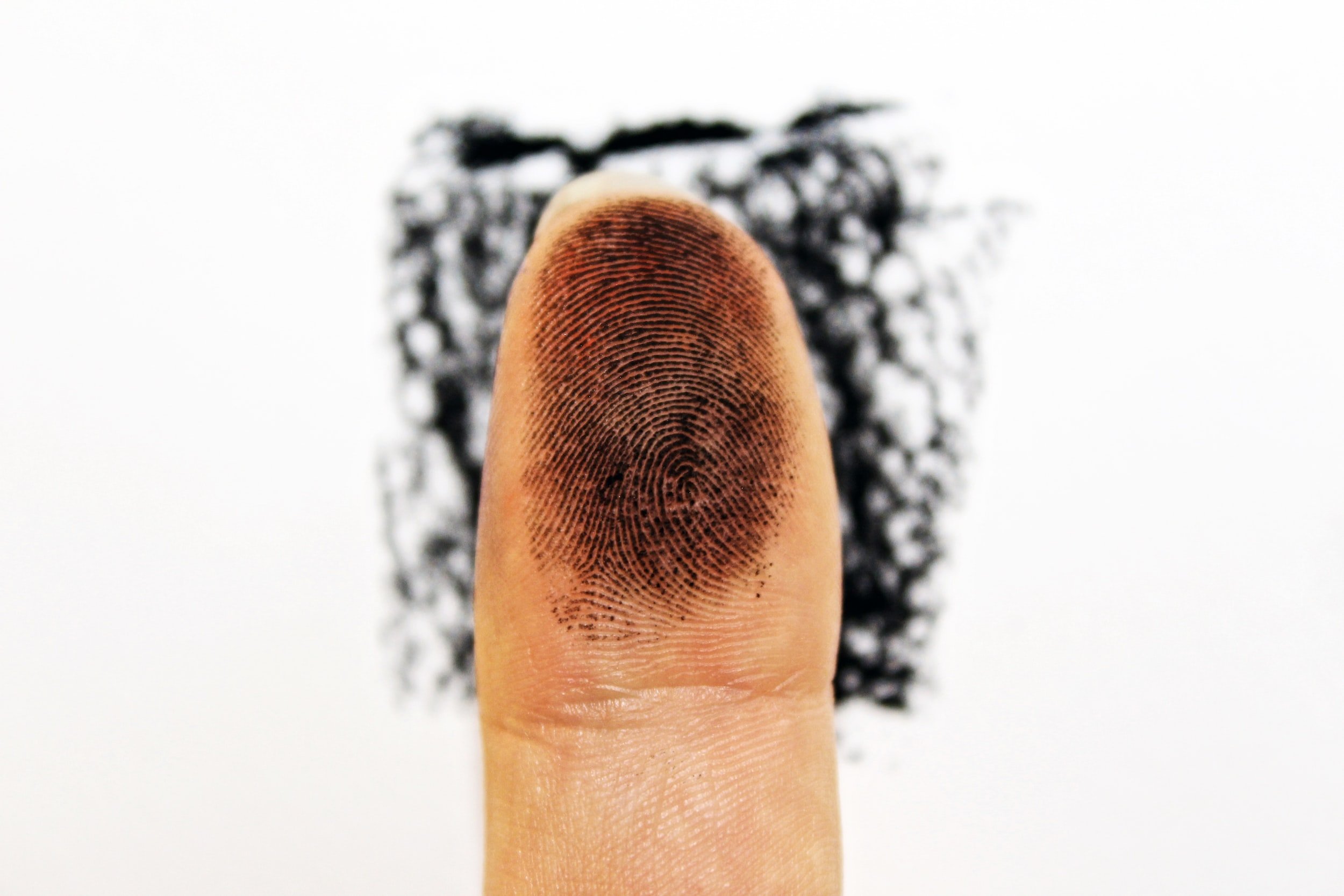The Evolution of Background Screening
Background screening is a crucial component of modern recruitment practices, ensuring the safety and integrity of workplaces across the globe. However, the concept of background checks has been around for centuries, evolving alongside societal changes and technological advancements. In this article, we’ll look at how rudimentary background checks have grown into what they are today.
The Ancient World
The first evidence of simple ‘background checks’ goes back to the ancient Greco-Roman era. Modern scholars have found many examples of letters of recommendation. These letters served either to authorize someone to fulfill a certain role or simply to identify someone as trustworthy and reliable.
If this sounds familiar it's because the references employers seek today are essentially the same as these letters of recommendation from 2000 years ago.
Over in Asia, the Ancient Chinese were pioneering fingerprinting. They were the first culture to recognise the value of fingerprint ridge imprints as a tool for criminal investigation. The earliest example comes from a Chinese document entitled “The Volume of Crime Scene Investigation—Burglary”, from the Qin Dynasty (221 to 206 B.C.).
Fingerprint impressions were also recognised as a way to prove the authenticity of a document. It became common practice for letters to be sealed in clay with a fingerprint of the sender along with their signature.
The Medieval Era
In medieval Europe, background checks were primarily based on personal reputation and connections. Scribes, as record keepers, documented important events and transactions, which helped maintain a semblance of accountability within communities. However, due to the sporadic nature of document keeping, this could not always be relied upon.
Trust was valued immensely, and securing a position often depended on obtaining endorsements from influential figures or leveraging personal connections. This is why letters of introduction and recommendation continued to be the dominant form of ‘background check’ in the medieval era.
The Industrial Revolution
The industrial revolution in the 18th and 19th centuries brought about significant changes in the way background checks were conducted. The growth of businesses and urbanization necessitated more formalized methods of verifying an individual's background. Employers began using references, letters of recommendation, and even hiring private investigators to ensure they were making informed decisions when recruiting employees.
The Modern World and DBS Checks
DBS Offices in Liverpool | Image credit: Liverpool Echo
Throughout most of history, we can see that simple letters of recommendation were the only real form of background check. But obviously, these could easily be forged and couldn’t always be relied upon. It isn’t really until the 21st century that background checks as we understand them today really started to appear.
The establishment of the Criminal Records Bureau (CRB) in 2002 marked a significant milestone in the evolution of background screening. The CRB centralized the process of accessing criminal records and provided employers with a more efficient means of conducting background checks.
However, the CRB faced numerous challenges and controversies over the years, ultimately leading to its merger with the Independent Safeguarding Authority (ISA) in 2012.
The resulting organization, the Disclosure and Barring Service (DBS), is now responsible for conducting background checks in the UK. The DBS offers various levels of checks, including Basic, Standard, and Enhanced Disclosures, to protect vulnerable groups such as children and adults at risk.
This centralized approach has streamlined the background screening process, ensuring that employers can make informed decisions based on accurate and up-to-date information.
Technological advancements have revolutionized the background screening process, enabling instant access to databases, seamless international checks, and online platforms for managing criminal record statuses.
The digital age has vastly improved the efficiency and reliability of background checks, providing employers with the tools they need to maintain safe and secure workplaces.
And things are still changing. With the advent of technology like digital identity, background checks are poised to become easier than ever.
Safeguard your organization's future by partnering with Personnel Checks for reliable and comprehensive DBS and background checks. We understand the importance of making informed hiring decisions, and our services are designed to help you achieve just that. Get in touch today!



